Original author of North Carolina’s “bathroom bill” seeks seat in Congress in special election
President Trump rallies supporters in North Carolina, urging them to vote for anti-LGBTQ Republican Dan Bishop

The author of HB 2, the infamous North Carolina “bathroom bill” that placed restrictions on transgender people’s ability to access single-sex facilities in schools, government buildings, and other multi-user facilities, is hoping to be elected to Congress this evening.
State Sen. Dan Bishop, who previously represented suburban Charlotte in the North Carolina House of Representatives for one term and the Mecklenburg County Commission for two terms prior to that, is the Republican nominee for the Sept. 10 special election in North Carolina’s 9th Congressional District.
In 2018, the seat had been fiercely contested between Republican Mark Harris, an evangelical minister, and Democrat Dan McCready, a veteran and businessman, with Harris winning the initial election night count by 905 votes. But the North Carolina State Elections Board refused to certify the results after allegations emerged that a Republican operative had allegedly tampered with absentee ballots in a particular county, which called into question the legitimacy of the election.
Following an investigation into the allegations, the board unanimously called for a new election. Harris declined to run, but Bishop did, defeating nine other candidates in the Republican primary. McCready decided to run again for the seat and was not challenged in the Democratic primary. Libertarian Jeff Scott and the Green Party’s Allen Smith also ran unchallenged in their respective primaries.
Much of the press surrounding Tuesday’s special election has focused on whether it will serve as a bellwether for President Trump’s chances in the 2020 presidential election. Trump won the district in 2016 by 12 points, but recent political shifts — particularly in the suburban parts of the district around Charlotte, in the district’s western section, and around Fayetteville, in the eastern section of the district, where moderate Republican and independent voters favored Democrats in 2018 — have made the district more competitive than it should be, given its overall partisan lean.
Aware of the potential for negative headlines should his party’s candidate come up short, Trump recently stumped for Bishop and 3rd Congressional District nominee Greg Murphy (running in another special election to succeed now-deceased U.S. Rep. Rep. Walter Jones in a heavily-Republican district) at a rally in Fayetteville on Monday.
At the rally, Trump told the crowd that a vote “for any Democrat in 2020, and a vote for any Democrat tomorrow is a vote for the rise of radical socialism and the destruction of the American dream,” reports CBS News. He also lobbed partisan — and according to fact-checkers, false or misleading — attacks against McCready, claiming that the conservative Democrat supports sanctuary cities that protect criminal undocumented immigrants, and asserting that the political Left “hates” America.
Beyond the national implications that a McCready victory or even a narrow Bishop win might have for President Trump, the election will hinge on whether voters are receptive to Bishop’s message of social conservatism, unequivocal support for gun rights without restrictions, and support for President Trump’s proposed border wall.
In his campaign’s first television commercial, the Republican showed a bunch of inflatable clown punching bags bearing the faces of McCready, Alexandria Ocasio-Cortez, Ilhan Omar, Rashida Tlaib — three members of “The Squad,” a progressive group of freshman lawmakers — Congresswoman Maxine Waters, presidential candidates Elizabeth Warren and Bernie Sanders, Senate Minority Leader Chuck Schumer and House Speaker Nancy Pelosi. In that ad, Bishop called Democrats “crazy liberal clowns” and their policy agenda “downright scary,” while promising to fight against them if elected to Congress.
Bishop is an opponent of LGBTQ rights, opposing same-sex marriage as well as nondiscrimination protections for LGBTQ individuals. Bishop and other Republicans introduced HB 2 in response to a decision by the Charlotte City Council to pass an LBGTQ-inclusive ordinance that would have prohibited discrimination in public accommodations, claiming the measure was necessary to protect the safety of women and children in public restrooms.
As written and passed into law, HB 2 preempted all local nondiscrimination ordinances throughout the state that extended protections to groups not currently covered by North Carolina civil rights law. The backlash to the law was swift and furious, resulting in North Carolina losing the chance to host several sporting events, including the 2017 NBA All-Star Game, as well as the loss of millions of dollars in revenue for local communities like the city of Charlotte, the cancellation of several major conferences, conventions, and concerts, and the halting of proposed expansions in the state by major corporations.
Despite the backlash, Bishop continued to stand by his support of the law and even campaigned on it when he gave up his House seat to run for the State Senate in 2016. He compared opponents of the bill to the Taliban, and characterized LGBTQ people as a “danger to freedom,” according to emails he sent to constituents that were obtained and published by the Charlotte Business Journal.
However, by early 2017, many North Carolina Republicans, worn down from the negative press the state received from the law, decided to take action. They threw their support behind HB 142, a bill that purported to repeal most of HB 2 while keeping some restrictions on transgender bathrooms in place and prohibiting localities from passing their own ordinances until December 2020. Still, Bishop took umbrage, calling the repeal of HB 2 a “betrayal of principle.”
Earlier that month, Bishop had corresponded with and sought advice from anti-LGBTQ groups on how best to carve out religious exemptions in HB 142 to mitigate the repeal of HB 2. In those emails, he compared his efforts to protect “as many [people with religious objections to serving LBGTQ people] as possible” with the work of Oskar Schindler, a German businessman credited with saving Jews from the Nazis during the Holocaust.
Eventually, in 2018, a federal court found that the HB 142 “repeal” law does not bar transgender individuals from single-sex bathrooms and other public facilities matching their gender identity in government-owned and -operated facilities.
Read more:
Gay Jewish man harassed for wearing pink kippah, told to “stay in the closet”
Uber bans driver accused of kicking lesbian couple out of her car
Interfaith leaders in Chula Vista, Calif., support Drag Queen Story Hour
Support Metro Weekly’s Journalism
These are challenging times for news organizations. And yet it’s crucial we stay active and provide vital resources and information to both our local readers and the world. So won’t you please take a moment and consider supporting Metro Weekly with a membership? For as little as $5 a month, you can help ensure Metro Weekly magazine and MetroWeekly.com remain free, viable resources as we provide the best, most diverse, culturally-resonant LGBTQ coverage in both the D.C. region and around the world. Memberships come with exclusive perks and discounts, your own personal digital delivery of each week’s magazine (and an archive), access to our Member's Lounge when it launches this fall, and exclusive members-only items like Metro Weekly Membership Mugs and Tote Bags! Check out all our membership levels here and please join us today!





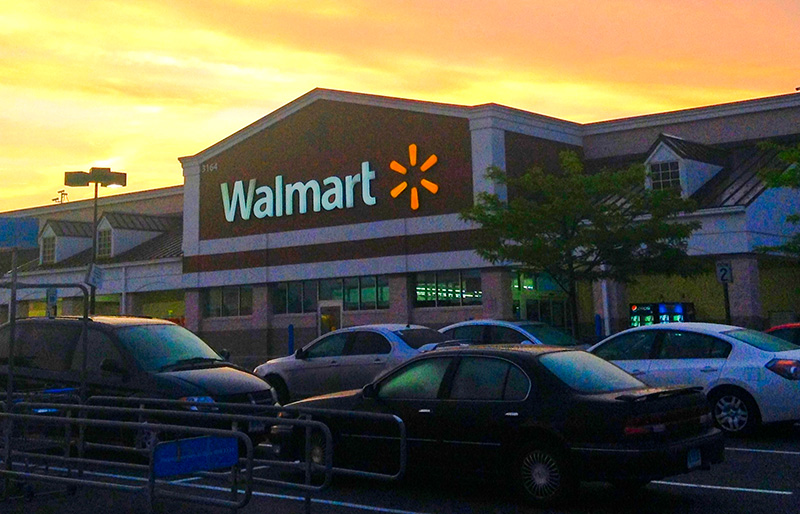
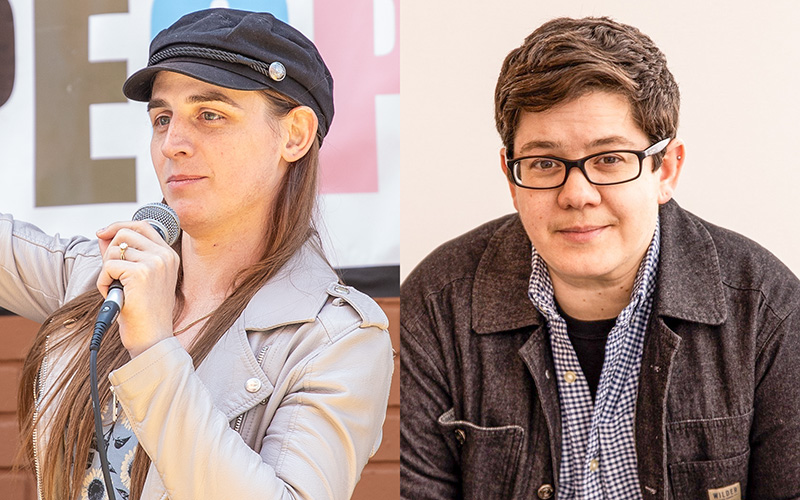














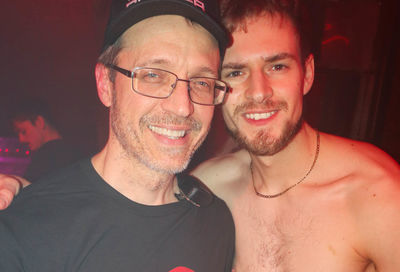
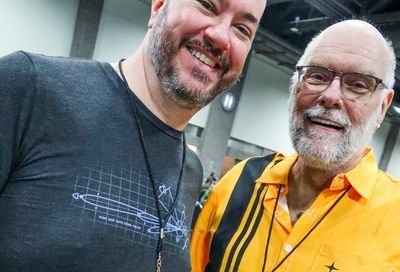
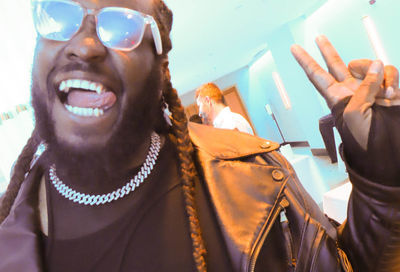
You must be logged in to post a comment.